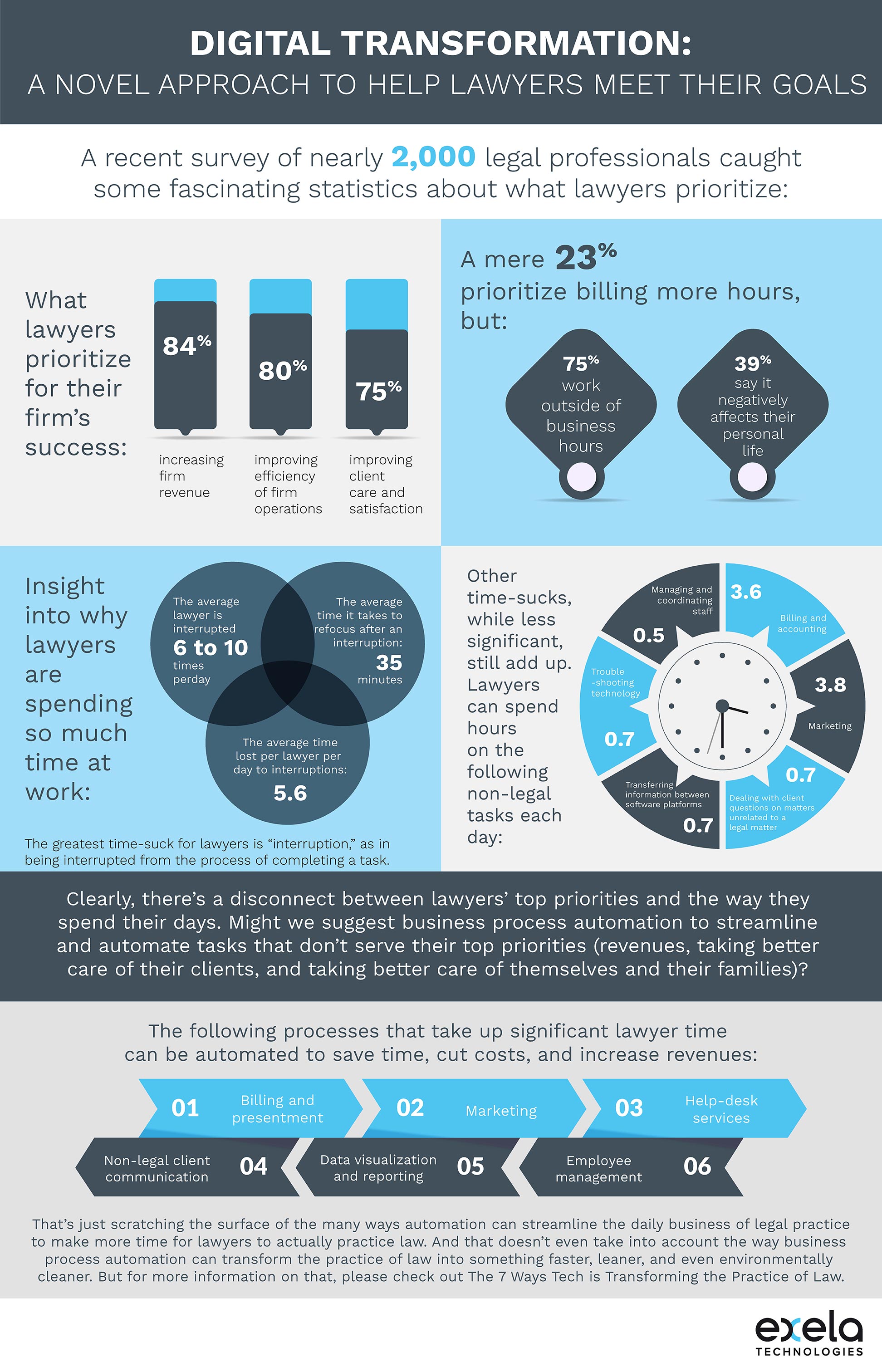Data-driven Legal Strategies: How Data Science is Transforming the Legal Industry

Not long ago, we wrote about how AI and legal technology is changing the legal sector. Now we have a new player to discuss. Data and data science are transforming the ways companies conduct business in the 21st century, and this digital evolution is particularly true for the legal industry. But what do we mean by data and data science?"
Data science can be understood as a multidisciplinary field that combines various techniques, algorithms, processes, and systems to extract meaningful insights and knowledge from data.
It involves a combination of skills from statistics, mathematics, computer science, domain expertise, and data visualization to analyze and interpret large and complex datasets. It works with numbers and data to give insights, something every business leader wants!
The primary goal of data science is to turn raw data into actionable insights, predictions, and recommendations that can drive better decision-making and solve real-world problems.
Key Components and Activities Within Data Science
Here are some key components and activities within data science:
- Data Collection: Gathering data from various sources, including databases, sensors, social media, websites, and more.
- Data Cleaning and Preprocessing: Preparing and cleaning the data to ensure it is accurate, complete, and ready for analysis.
- Exploratory Data Analysis (EDA): Investigating the data to understand its patterns, relationships, and potential outliers.
- Feature Engineering: Creating new variables or features from existing data to improve model performance.
- Machine Learning: Building predictive models using algorithms and techniques to make data-driven predictions and classifications.
- Data Visualization: Creating visual representations of data to make it more accessible and understandable.
- Model Evaluation and Validation: Assessing the performance of machine learning models to ensure they are accurate and reliable.
- Deployment and Integration: Implementing data science solutions into business processes and systems.
All of these in some form or the other can have a great impact on operations. They can help make near accurate predictions, facilitating informed decisions, predicting risks, and more.
Why Data Science is Important for Businesses
Data science is of paramount importance for businesses in today's data-rich landscape. By leveraging data science techniques, businesses gain a competitive edge, as they can identify market trends, optimize operations, and personalize customer experiences. Moreover, it enables cost reduction through process optimization, improves customer insights for tailored products and services, aids in fraud detection, enhances forecasting and planning, and drives innovation in product development. With data science, businesses can effectively manage risks, optimize marketing strategies, and harness the power of data to unlock growth opportunities, making it an indispensable tool for success across diverse industries.
In summary, data science is essential for businesses irrespective of field. It is useful and can benefit every business sector and help gain a competitive advantage in an increasingly data-driven world. It has applications across various industries, including finance, healthcare, e-commerce, manufacturing, legal, and more, making it a crucial asset for modern businesses.

Data Science Transforming the Legal Landscape
It is no surprise that data science is revolutionizing industries far beyond tech and finance. The legal industry, traditionally characterized by stacks of paperwork and time-consuming research, is now experiencing a profound transformation thanks to the power of data science. Here are the top 5 ways data science can help transform the legal industry:
1. Predictive Analytics for Legal Insights
One of the most significant ways data science is reshaping the legal field is through predictive analytics. By analyzing historical case data, legal professionals can now make more informed predictions about case outcomes, helping clients manage expectations and allocate resources more effectively. Predictive analytics also allows lawyers to assess the strengths and weaknesses of their arguments, enabling them to craft stronger cases.
2. Document Review Automation
Legal professionals spend countless hours reviewing and sifting through mountains of documents during the discovery process. Data science has introduced machine learning algorithms that can automate this tedious task, saving time and reducing the risk of human error. Document review software can quickly identify relevant information, making the legal process more efficient and cost-effective.
3. Enhanced Due Diligence
In corporate law, due diligence is a critical aspect of mergers, acquisitions, and investments. Data science tools can sift through extensive datasets, financial records, and public information to uncover hidden risks and potential red flags. This enables legal teams to make more informed decisions, mitigating potential legal issues that may arise in the future.
4. Contract Analysis and Management
Contracts are intricate documents filled with critical clauses and obligations. Data science applications can now help in contract analysis by extracting key information, flagging potential issues, and ensuring compliance. This technology streamlines the contract management process, reducing the chances of contract disputes and legal conflicts.
5. Data-Driven Litigation Strategy
Data science also assists in crafting litigation strategies. Legal professionals can analyze patterns in historical cases to better understand opposing counsel's tactics, anticipate arguments, and adapt their approach accordingly. This data-driven strategy can be a game-changer in court.

Data science is undeniably transforming the legal industry. From predicting case outcomes to automating document review, enhancing due diligence, improving contract management, and streamlining legal research, data science is reshaping how legal professionals operate. By harnessing the power of data, lawyers can provide better services, reduce costs, and ultimately deliver more favorable outcomes for their clients. As the legal industry continues to embrace these technological advancements, it's clear that data science is an invaluable tool for lawyers in the 21st century.
Want to know more? Get in touch with us and one of our experts can answer your questions.














